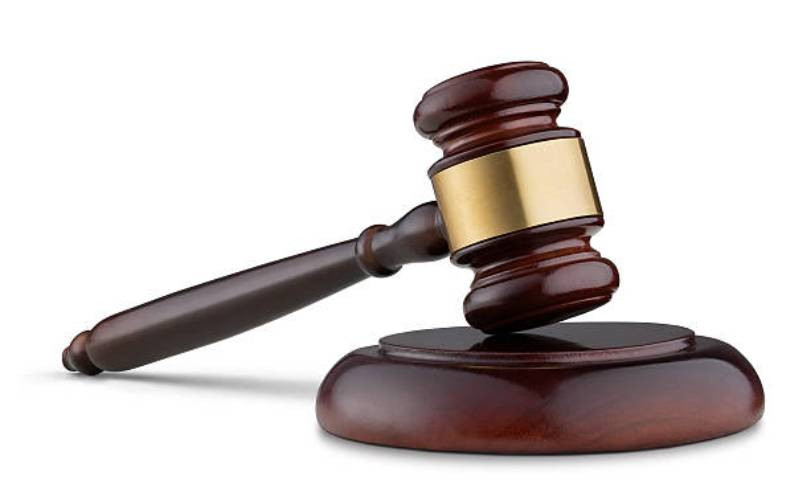×
The Standard e-Paper
Kenya’s Boldest Voice

The High Court has quashed malicious damage charges against a woman accused of bleaching her husband's clothes.
Justice Peter Mulwa found that the woman, code-named JP to protect her privacy, should not have ended up in the dock as a suspect because the dispute revolved around family differences with her estranged husband, DKK.